6. Buster Keaton
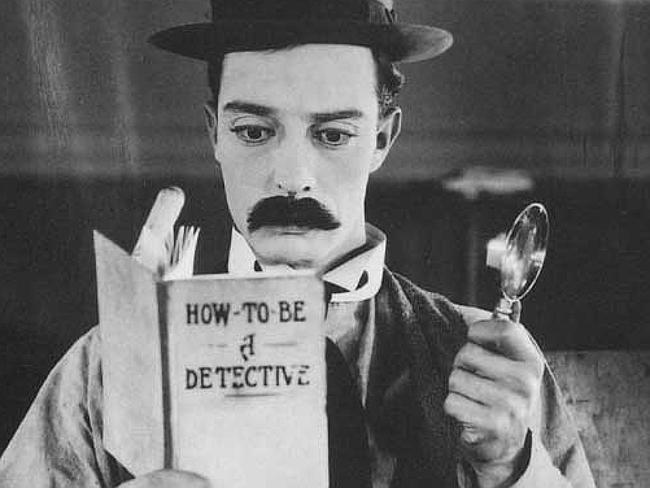
The eternally stone-faced Buster Keaton, along with Charlie Chaplin, is one of the quintessential actor-directors; whose technique behind the camera can’t be extricated from his acting in front of it. Between 1920 and 1929 he was allowed to work without interruption, in the process creating some of the most memorable films of the silent age, including Sherlock Jr., The General and The Cameraman.
He is known for his technically precise physicality, which sees his protagonists weather all types of storms – whether its a runaway train, a collapsing house or falling asleep at a cinema and finding yourself inside a movie – with a kind of mathematical precision. His stunts were all performed by himself, and at times courted death: for example, in Steamboat Bill, Jr., when the facade of a house falls on him and he survives only by standing where the open window landed.
7. Jacques Tati
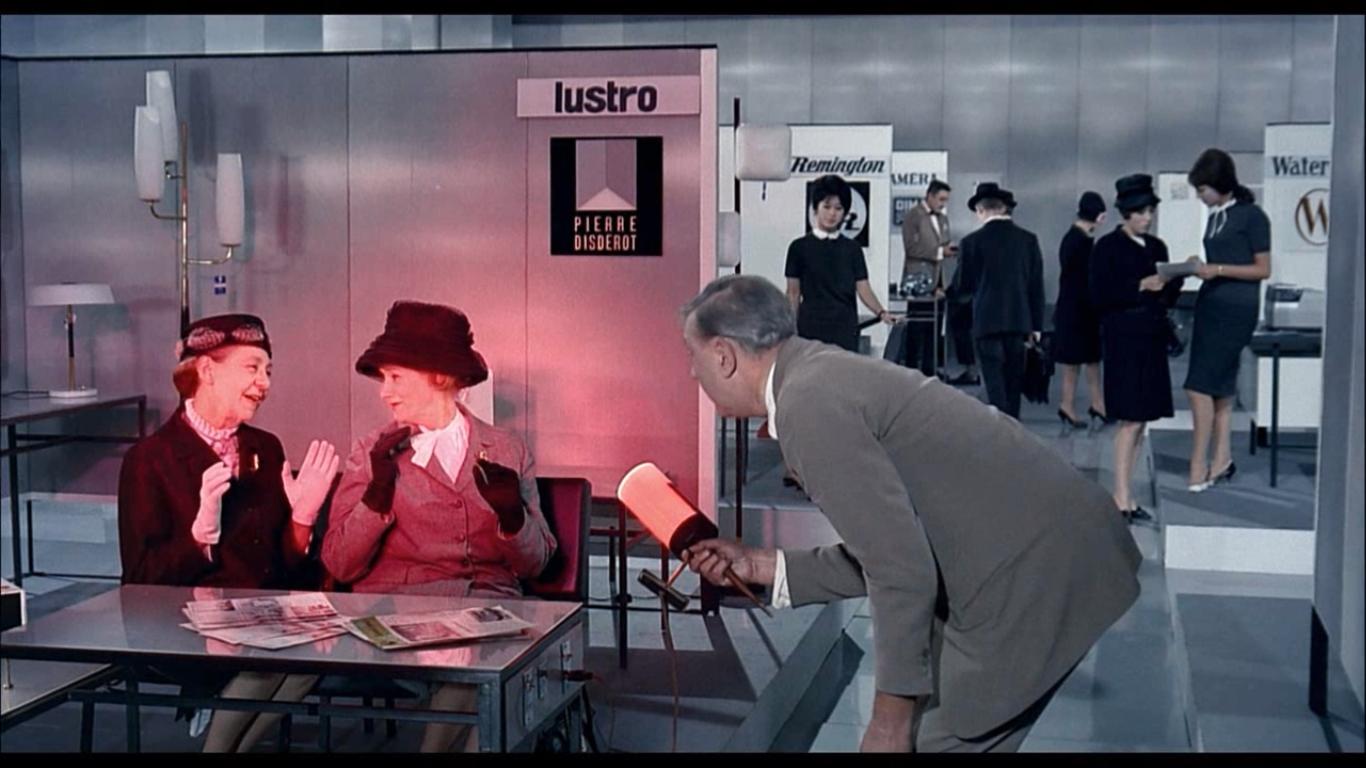
French director Jacques Tati created his own baffling world in film through delightful creations such as Play Time, Mon Oncle and Monsieur Hulot’s Holiday. His most enduring creation was Monsieur Hulot himself, a bumbling and well-meaning yet naïve man characterised by his overcoat and strange walk who appeared in four of Tati’s six films. Tati was known for creating a modern world of mischief and confusion, filled with bureaucrats and police officers, with Hulot a Chaplin and Keaton-inspired throwback baffled by this strange new universe.
Tati’s films are reserved and strange depictions of a world characterised entirely by busyness and gridlock; his most famous film, Play Time, renowned for its enormous set, known as ‘Tativille’, which satirised modernity and the ever-increasing cubicle-isation of contemporary life. Here Hulot must navigate a world he doesn’t understand, using comedy as a means to slyly comment on the increasing alienation found in the modern world. Even now it stands up as one of the greatest combinations of acting and directing committed to celluloid.
8. Lawrence Olivier
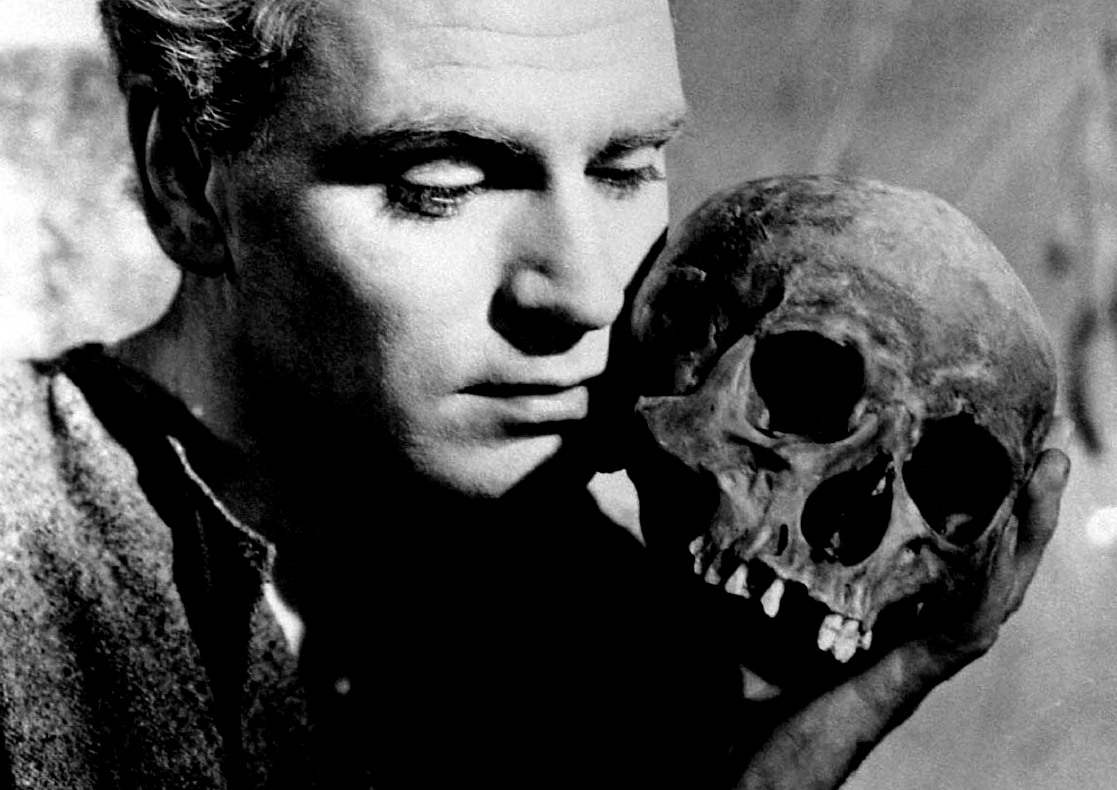
Considered by many to be the finest of all Shakespearian actors to ever grace the stage, Lawrence Olivier was also an accomplished director. With Henry V, released in 1944 near the end of WW2, in which he played the titular role, he created the first commercially successful Shakespeare adaptation. He followed this with the massively successful Hamlet, which for many is seen as the quintessential film adaptation of the tale.
It not only won a Best Actor Oscar for Olivier, but also snagged the Best Picture win. He only directed a handful of other films, including Richard III, The Prince and The Showgirl, co-starring Marilyn Monroe, and an adaptation of the Chekov play Three Sisters.
As an actor outside of his own films, Olivier is best known for his stormy role in Alfred Hitchcock’s Rebecca, as well as Wuthering Heights, Spartacus and Marathon Man. His love of Shakespeare is a major inspiration upon the work of Kenneth Branagh, who also adapted Henry V and Hamlet.
9. Takeshi Kitano
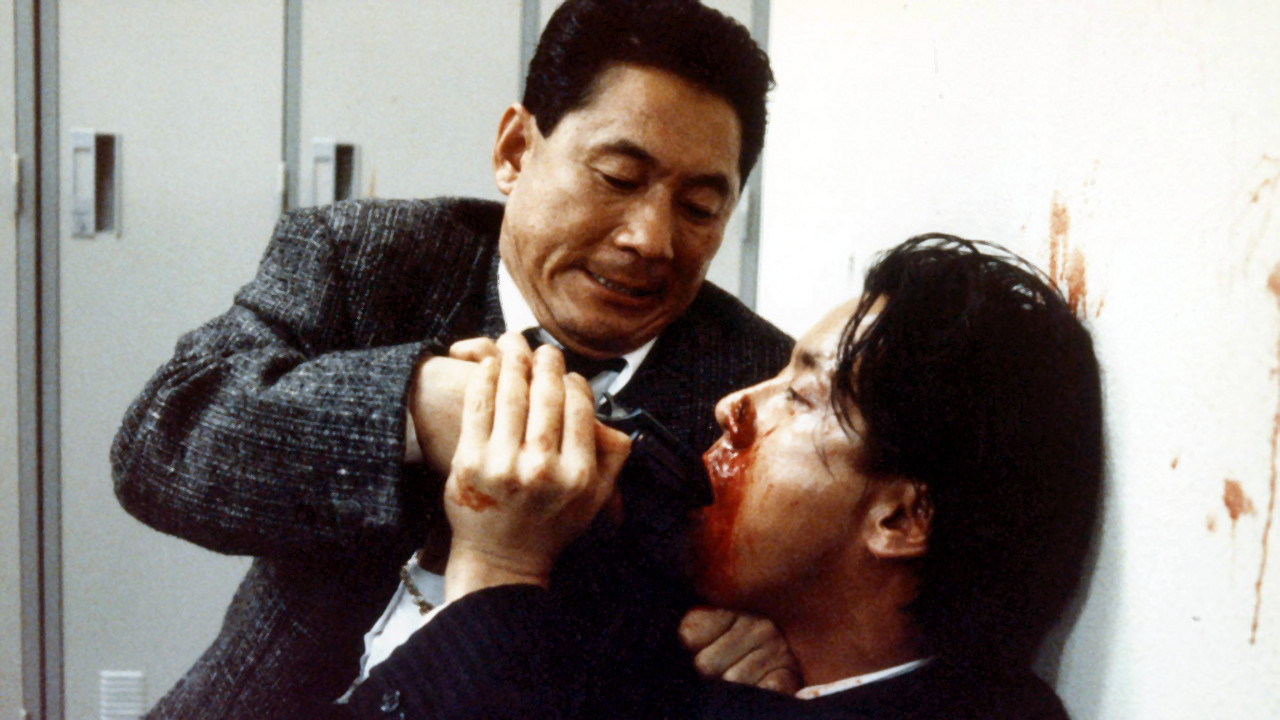
Japanese renaissance man Takeshi Kitano – who has worked as a comedian, TV personality, comedian, screenwriter, actor and hosted cult classic show Takeshi’s Castle – is also a brilliant film director. Kitano’s films focus primarily on cops and Yakuza gangsters, discussing themes of morality and violence. He stars in nearly all of them, complementing his trademark deadpan acting skills with static camerawork.
He started with the aptly titled Violent Cop, which features a Dirty Harry-inspired cop who uses any means possible to stop criminals. It marked the start of a wildly successful career, including films such as Sonatine, Hana-bi and Brother. In the 00s he made a self-reflective trilogy comprised of Takeshis’, Glory to the Filmmaker! and Achilles and the Tortoise, which surreally focused on his own directorial and acting career. He has also acted in other popular films, such as his unforgettable turn as a teacher in Battle Royale and his recent role in the American adaptation of The Ghost in The Shell.
10. Robert Redford
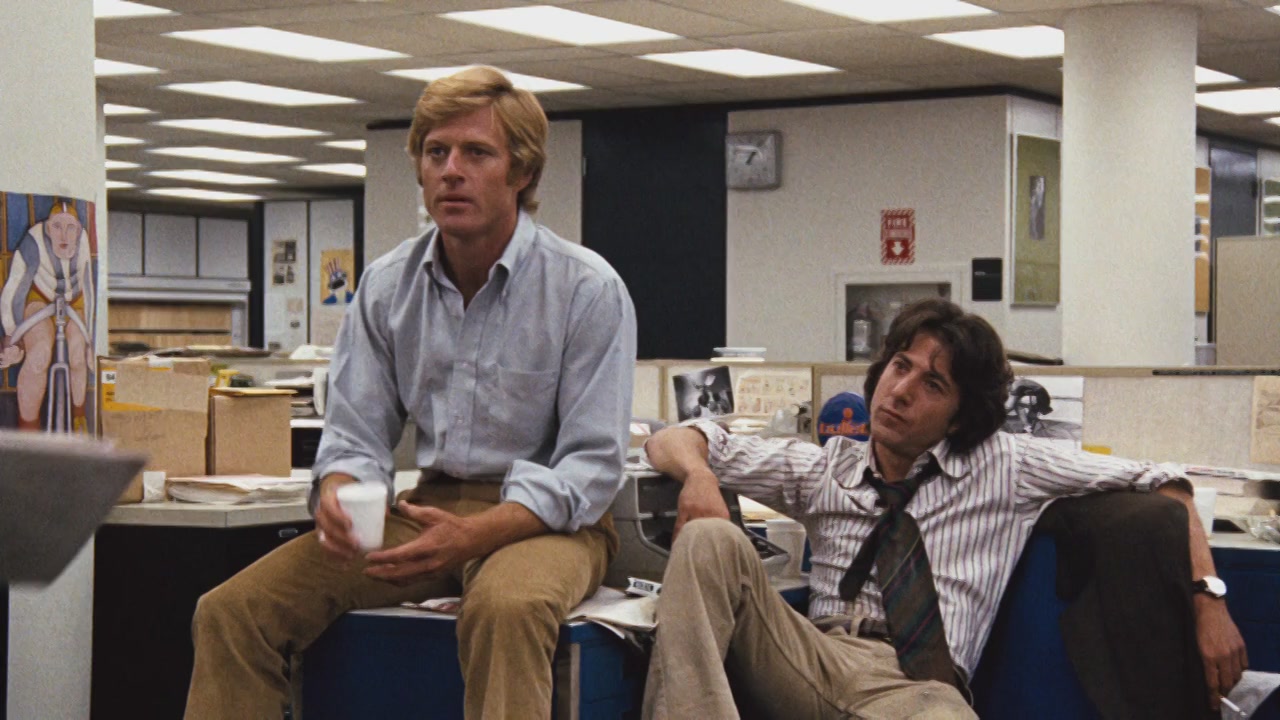
While better known for his acting work – including Butch Cassidy and The Sundance Kid, The Sting and All The President’s Men – Robert Redford is also an accomplished film director. His debut directorial effort, Ordinary People, was one of the most successful first films ever, leading to four Academy Awards, including Best Picture.
He has also directed films as diverse as The Milagro Beanfield War, A River Runs Through It, Quiz Show and Lions For Lambs. He appears in around half of his own films, including The Company You Keep, released in 2012, which took him back to his roots in political conspiracy thrillers and was his last feature length directorial effort.
With The Old Man and the Gun, released last year, Robert Redford announced his retirement from acting. Does this also mean his retirement from directing? Let’s hope not! Nonetheless, perhaps his greatest legacy is setting up the Sundance Institute, which funds indie films, and starting the Sundance Film Festival, which kicks off the film festival season (and the year-long awards season) with an annual international selection of independent films in Utah.